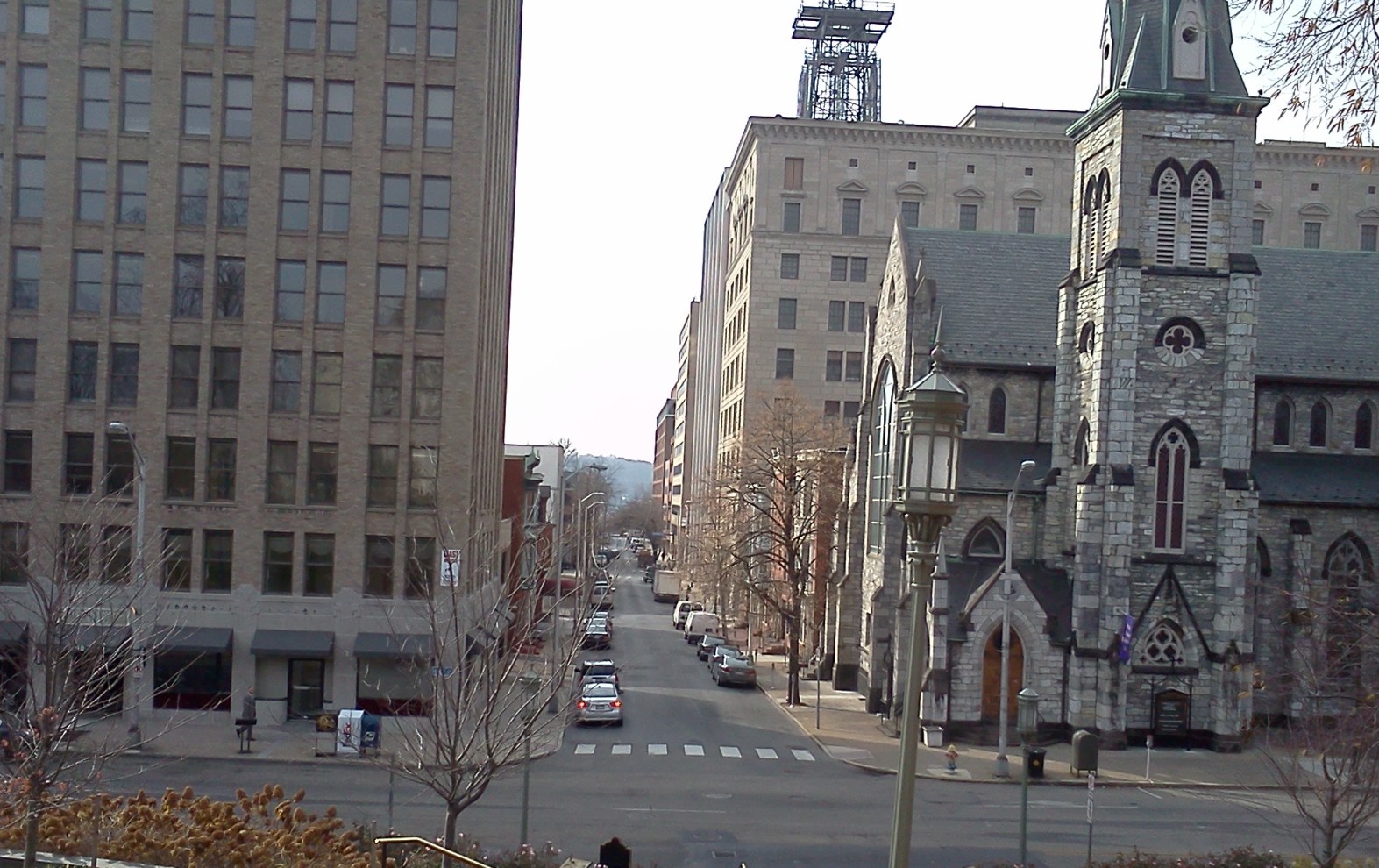United Way Calls for Review of Welfare Savings
As state lawmakers enter the 2013 budget cycle, the head of Pennsylvania’s United Way wants an independent review of a 2011 law that paved the way for $400-million dollars in savings at the Department of Public Welfare. United Way of Pennsylvania President Tony Ross says Act 22 gave the DPW secretary unprecedented authority to implement new regulations in order to achieve the savings. “We think it’s very important for policymakers and others to have information about what those cost containment measures meant – in terms of waste, fraud & abuse, and also impact on vital services,” Ross says.
Ross tells Radio PA there’s anecdotal evidence on both fronts, but an independent review can get to the bottom of it. “We don’t particularly have a preference,” he says of whether it comes from the Auditor General, Independent Fiscal Office or the Legislative Budget & Finance Committee.
DPW spokeswoman Donna Morgan says a lot went into the attainment of the $400-million in savings, not just Act 22. She points out that no legal challenges have been filed since the law passed the General Assembly and was signed by the governor. “It’s not about just cutting here and cutting there,” Morgan explains. “It’s about making these programs more efficient, breaking down the barriers between different programs and providing more flexibility so that tax dollars can be used more efficiently.”
Welfare spending accounts for over 38% of the current General Fund budget, and mandatory medical assistance costs alone are expected to increase by $650-million dollars in the new fiscal year, according to the Mid-Year-Budget Briefing.








